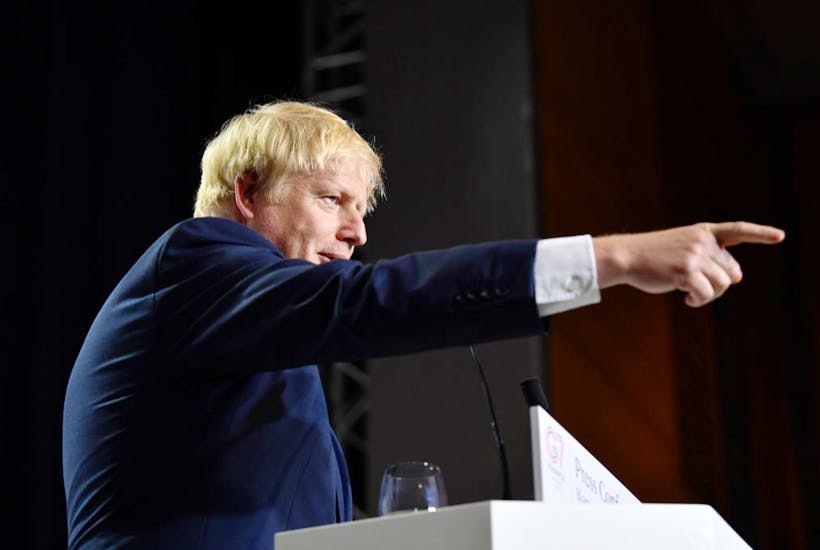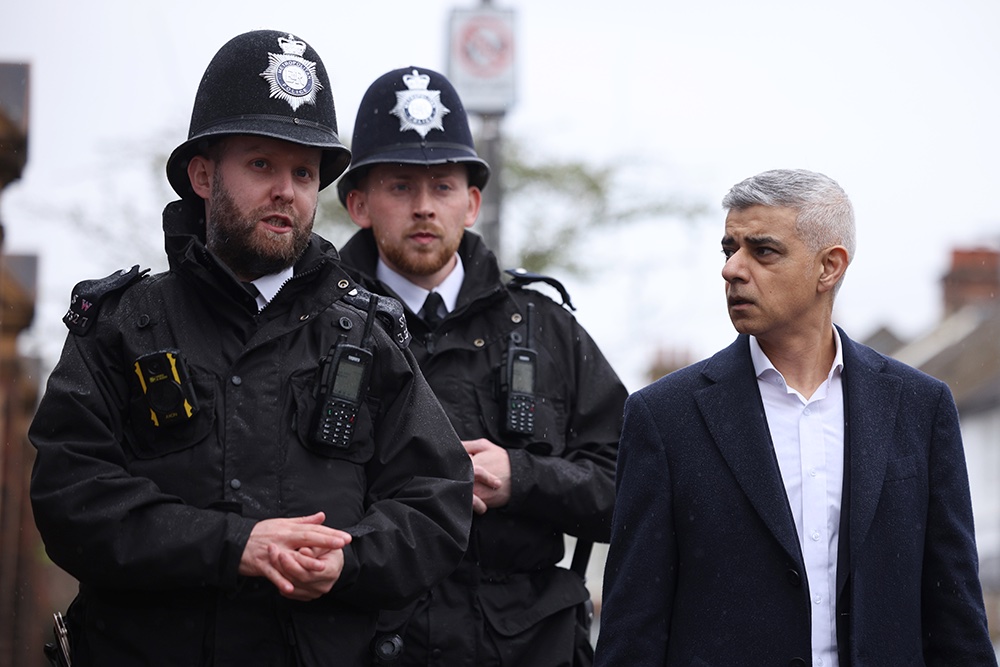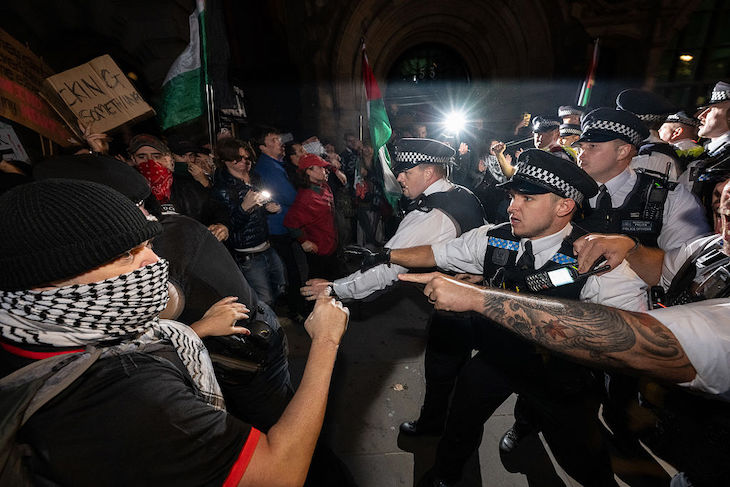Talking to various figures in the British government today, it is clear that Boris Johnson’s team want the choice for Members of Parliament to be between their Brexit strategy and making Jeremy Corbyn prime minister. They believe that ultimately there aren’t enough MPs prepared to make Corbyn prime minister; meaning that they’ll get to carry out their Brexit strategy.
The decision to prorogue Parliament is designed, in large part, to limit the amount of time available to the opposition to find a legislative way to force the government to seek an extension.
At the same time, it also sends a message about how hard forcing Boris Johnson to request an extension will be. If he is prepared to prorogue Parliament in this way, then it is difficult to imagine him simply complying with legislation requiring him to seek an extension. He could, as I say in the UK magazine this week, simply ask for it in such a way that the European Union was bound to say no. Or, he could say that he simply won’t do it and that if Parliament wants an extension, they’ll have to bring him down and put in place a new prime minister.
_____
Subscribe to The Spectator now for unlimited digital access and our forthcoming print magazine
_____
This would require a no-confidence vote and we know that if Boris Johnson loses that he would not resign. Instead, he will try and go for a general election — and, preferably, one after Britain has left the EU.
If MPs are to thwart this strategy, they need at a minimum an alternative government ready to go. But given that Jeremy Corbyn doesn’t want to back anyone else to be PM and that Tory rebels, a bunch of independents and the Liberal Democrats are loath to back him, it is hard to see how this happens.
This article was originally published onThe Spectator‘s UK website.

























